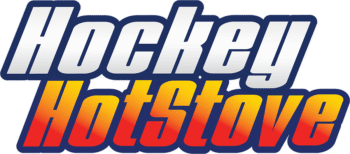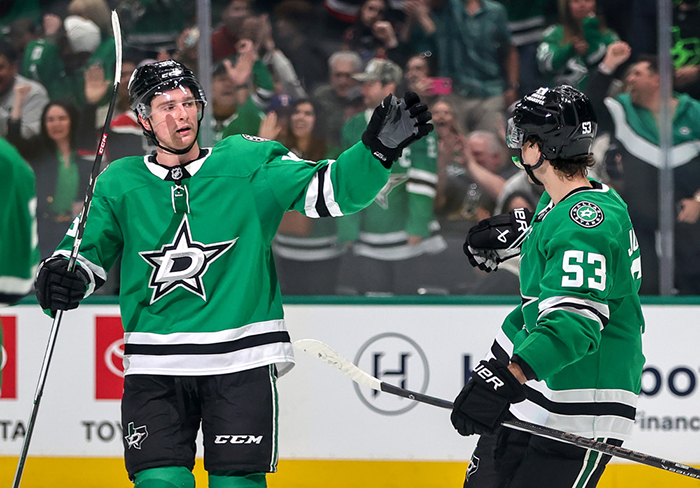The National Hockey League and the Players Association are reportedly putting the finishing touches on a new collective bargaining agreement, but when questioned about whether the new CBA will address the competitive disparity between certain US markets that have no state taxes and other US and Canadian markets that have higher taxes which act as a drag on their ability to sign players, NHL Commissioner Gary Bettman responds with his patented evasiveness.
“It’s a ridiculous issue. When the Florida teams were not good, which was for about 17 years, nobody said anything.” Bettman said on the TNT pregame of Game 3 of the Stanley Cup Final on Monday. “For those of you who played, were you sitting there with a tax table? You wanted to go to a good organization, in a place where you wanted to live, where you wanted to raise your kids, and send them to school. You wanted to play in a first-class arena and training facility, with an organization, owner, general manager, and a coach you were comfortable with, and you wanted to have good teammates so you’d have a shot at winning.
Could it be a little bit of a factor if everything were equal, I suppose.”
Bettman’s deflection of the issue using the Florida clubs is not only misleading, it’s insulting. Tampa Bay has been a competitive franchise the last two decades, winning three Stanley Cups, and using the attractive qualities of playing in the Sunshine State (warm weather all year, no state taxes, etc) to get players to come there. Florida was mismanaged for years, but began following the Lightning model since Bill Zito took over in 2020 and has been in three straight Cup Finals.
It is not only the Florida clubs, the Dallas Stars (who have been in three straight Western Conference Finals), the Vegas Golden Knights (the 2023 Stanley Cup champion) and the Carolina Hurricanes (who have been to the Eastern Conference Final two of the last three years) all have lower tax advantages.
Taxes Do Make A Big Difference
These clubs can offer a lesser amount to players than teams with higher state taxes and they can make more money at the end of the day. The Lightning have been expert at that, getting core players like Steven Stamkos and Victor Hedman on deals well below market value. The lack of state taxes is not a guarantee of success, but it does help in attracting players. The Nashville Predators have a similar advantage, and the Seattle Kraken and Utah Mammoth may be popular landing spots in the next few years based on their tax situations.
If you do not think it is a significant factor, look at how it would affect the Toronto Maple Leafs if they were actually interested in re-signing Mitch Marner. In my piece for the Hockey News last January, a potential eight-year contract at $13 million per season in Toronto after 52.32% taxes would lower Marner’s actual income to $6.2 million per season ($49.6 million for the full term). The same $13 million on a seven-year deal with Utah at their tax rate of 43.60% would result in an actual salary of $7.33 million per season, and a total salary of $51.3 million for the full term.
If the NHL believed in competitive balance, it would have a system where the cap amount for teams in higher tax markets like Montreal, Ottawa, New York, Vancouver, Toronto, and the three California clubs would be higher. Teams like the Rangers, Maple Leafs, and Canadiens, who are the most profitable in the league, provide revenue sharing to the lesser lights of the league. Strangely, these teams give money to the league even though they do not get a level playing field. We will not know the final result of the new CBA, but these teams should use their leverage to get better treatment.



